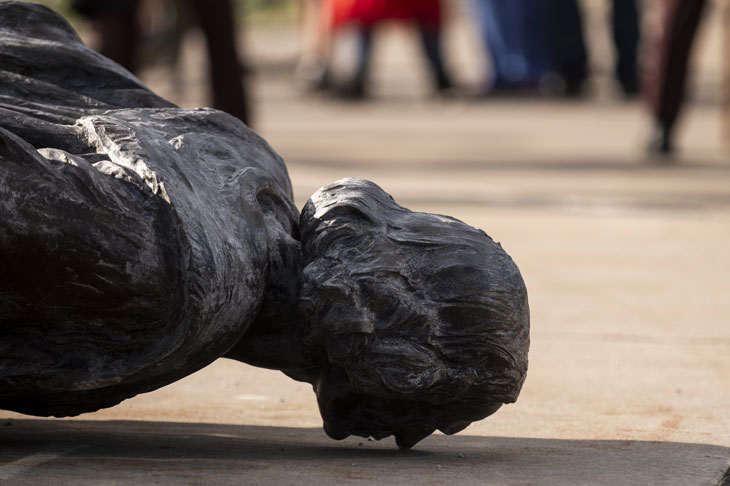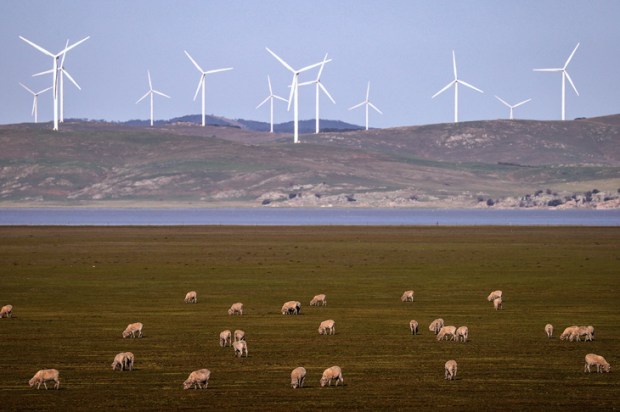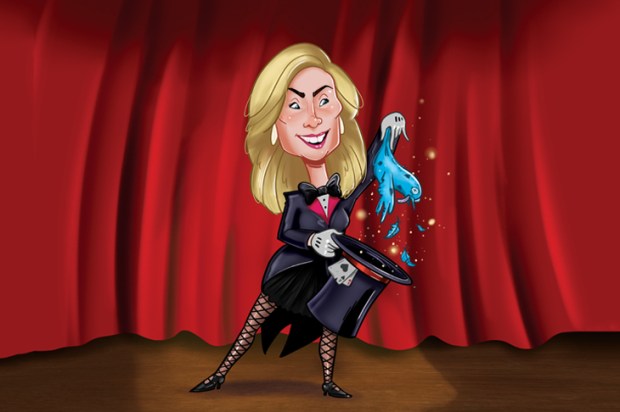Many people — and especially those who live in Bristol — have discovered Newton’s Third Law of Statues. Put crudely, it amounts to ‘you wreck one of ours, we wreck one of yours’.
Last weekend, Black Lives Matter and Antifa knocked philanthropist and slave-trader Edward Colston from his plinth and dumped him in Bristol Harbour.
Already a subscriber? Log in
Subscribe for just $2 a week
Try a month of The Spectator Australia absolutely free and without commitment. Not only that but – if you choose to continue – you’ll pay just $2 a week for your first year.
- Unlimited access to spectator.com.au and app
- The weekly edition on the Spectator Australia app
- Spectator podcasts and newsletters
- Full access to spectator.co.uk
Unlock this article
Helen Dale won the Miles Franklin Award for ‘The Hand that Signed the Paper’, and read law at Oxford. Her most recent novel is ‘Kingdom of the Wicked’.
You might disagree with half of it, but you’ll enjoy reading all of it. Try your first month for free, then just $2 a week for the remainder of your first year.














Comments
Don't miss out
Join the conversation with other Spectator Australia readers. Subscribe to leave a comment.
SUBSCRIBEAlready a subscriber? Log in